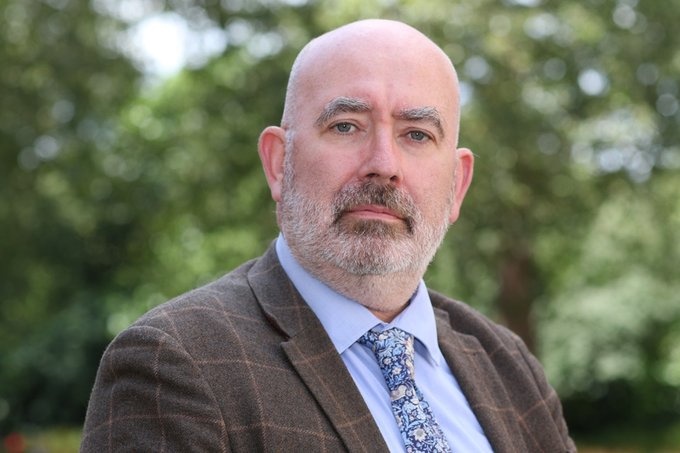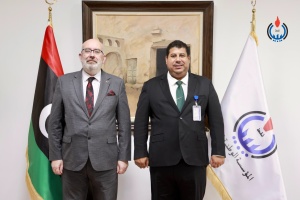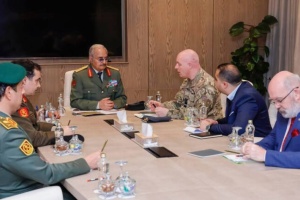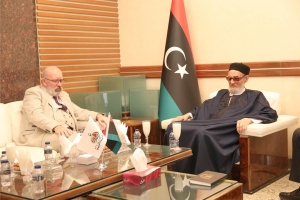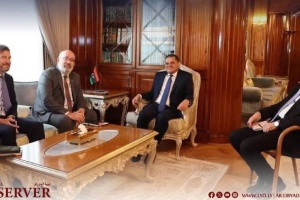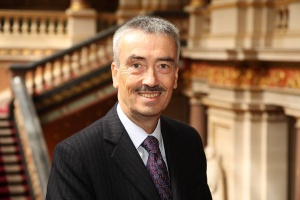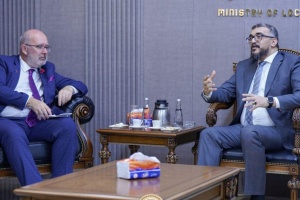The UK ambassador to Libya, Martin Longden, said that the international community must redouble collective efforts to become a positive force because what is happening in Libya does not only concern the Libyan people, adding in an article in the London-based Asharq Al-Awsat newspaper that Libya is located at a strategic crossroads.
"It is a Mediterranean country on the southern flank of Europe and the North Atlantic Treaty Organization (NATO), but it is much more than that. Libya, which shares its borders with six other African countries, is also a gateway to Africa. It is an integral part of the wider Arab world, and therefore a strong and prosperous Libya will be an extremely important asset to its surroundings." Longden said.
He added that Libya, which suffers from a state of turmoil, division and weakness, entails risks and problems for all its neighbors., saying: “In many ways, Libya today seems to be in a brighter place than before; the devastating fighting that ravaged the country after 2011 ended more than 3 years ago, and the threats emanating from terrorist groups have largely receded."
"The country is also witnessing a boom in business and commercial activity, with the gradual return of international companies, which are things worth celebrating. Despite this, we find the basic foundations of social, political and economic stability less strong; normal life today is already fragile, at a time when the Libyan state is divided and weak, and is consuming the country’s wealth in an unsustainable way.” Longden indicated.
He added that at the heart of this imbalance lies the disputed Libyan politics. It is necessary to find a general and comprehensive solution to these conflicts to deal with all the challenges that Libya faces today.
"I hear directly from Libyans, in various parts of the country, about their frustration that the UN-led leadership has not yet achieved the transparent and effective democratic governance they deserve, and these Libyans want their voices to be heard.” He remarked.
Longden pointed out that if the political process falters, it is not because of shortcomings in the UN process, but rather because many of those with the greatest influence inside Libya are still not convinced of the need to cooperate constructively.
"Libya is already bearing heavy costs as a result of the current political impasse. As a middle-income country, the people of Libya should enjoy a better life than they live now, and with its enormous wealth, Libya should play a leading role in building paths toward new development, and as other countries rich in oil and natural gas do." Longden further added.

